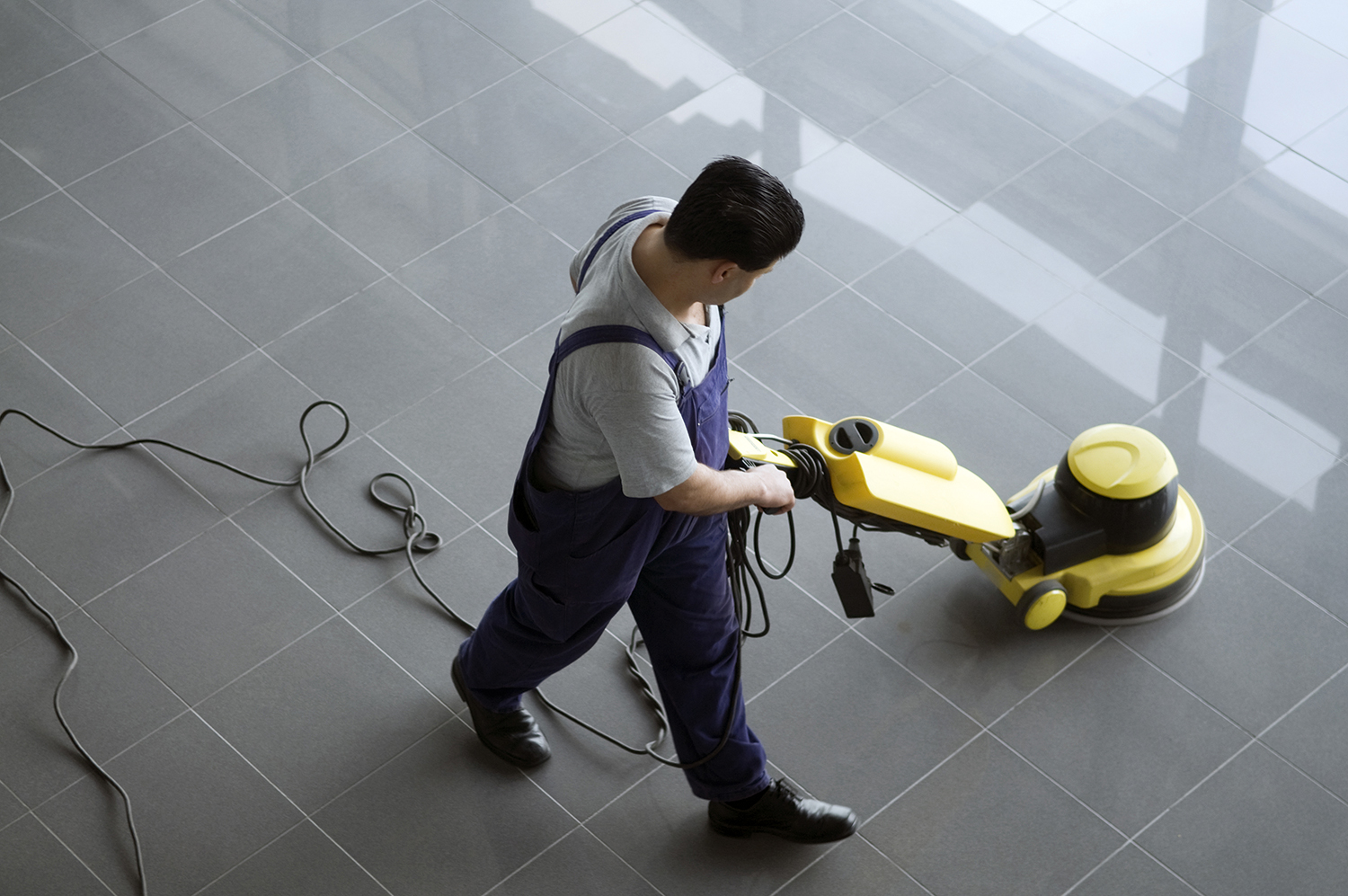
An international study spanning 32 countries across six continents has highlighted the negative impact of shift work on the health and wellbeing of cleaners.
With over 2,500 participants, the survey, commissioned by UNI Global Union, exposes the significant challenges faced by cleaning professionals who work irregular and unsocial hours.
The survey found that cleaners who work shifts other than the day shift experience a range of adverse effects including isolation, difficulties maintaining relationships, strained social lives, poor sleep schedules, exhaustion and adverse impacts on physical and mental health.
“We have long advocated for a transition to daytime work in the cleaning sector, recognising the negative consequences of irregular and unsocial shifts on workers,” said Eddy Stam, UNI Global Union’s Head of Property Services. “This survey reinforces the urgent need for the industry to address scheduling issues and prioritise the physical and mental health of cleaners.”
The majority of cleaners surveyed work non-day shifts due to limited operations or economic pressures, with many employers not offering day shifts. Moreover, non-daytime shifts often come with higher wages, acting as an incentive for workers struggling with cost of living pressures.
Key findings include:
- Shift disadvantage: Approximately half of the cleaners surveyed work shifts outside of the regular day shift.
- Sleep deprivation: Nearly 70 percent of night-shift cleaners and over half of early morning and evening shift cleaners report not getting enough sleep.
- Safety concerns: Around 45 percent of female cleaners working the night shift express feeling unsafe at work. A significant number of them have experienced harassment at work and during their commute, with over a third reporting incidents of harassment.
- Social and family life conflict: Evening and night-shift workers face higher rates of conflict between their work schedules and their social and family lives compared to their counterparts on the day shift.
- Lack of choice: Seven in 10 cleaners working shifts other than the day shift do so because they have no alternative.
The survey also shares demographic insights, detailing the diversity within the cleaning workforce. Of the respondents, 70 percent identified as female, approximately 25 percent identified as immigrants in their respective countries of work, and 20 percent identified as people of colour.
The full report, including quantitative and qualitative analysis, will be released on June 14.
Comment below to have your say on this story.
If you have a news story or tip-off, get in touch at info@incleanmag.com.au
Sign up to INCLEAN’s newsletter.




